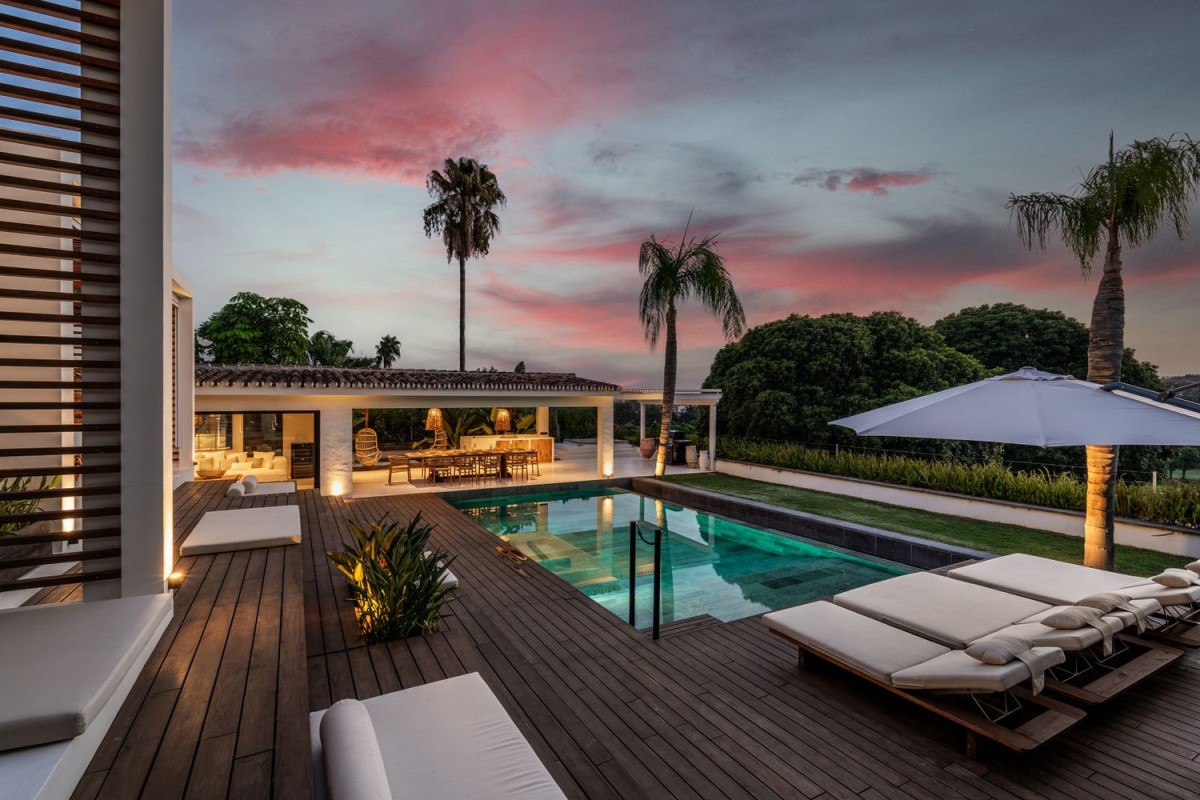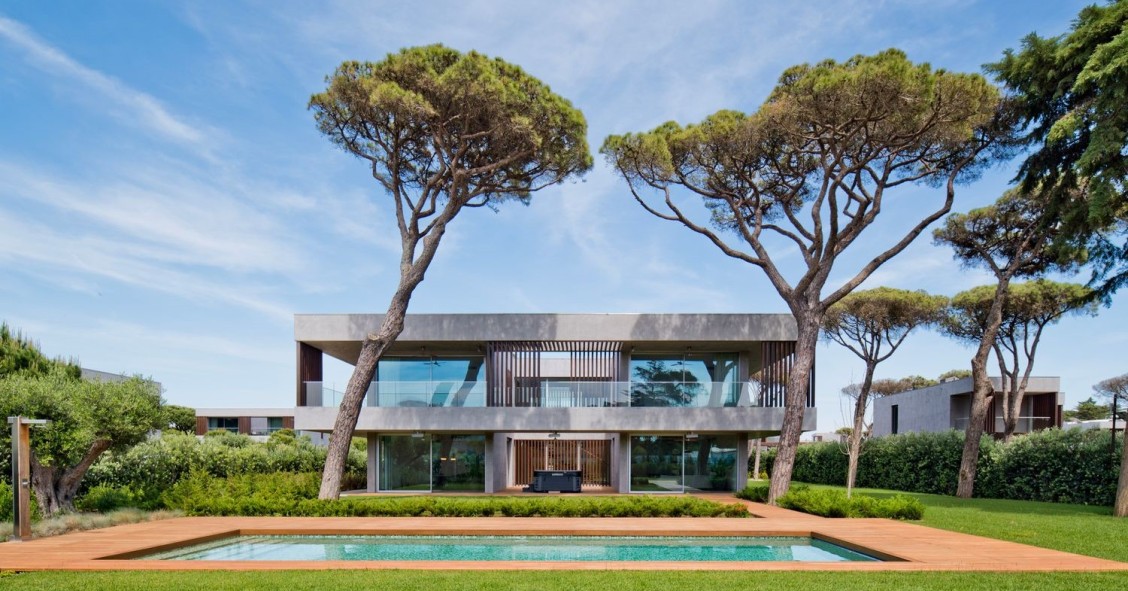
The luxury property sector remains a refuge for investors and buyers who value both lifestyle and financial security, and Portugal continues to be one of the preferred destinations for investors/buyers. These are some of the conclusions drawn from the Global Luxury Landscape 2024/2025 report by Berkshire Hathaway HomeServices, the real estate company of billionaire Warren Buffett.
Relying on the report, the company states in a press release that “the global luxury real estate market remains strong, with stable demand, even in times of economic uncertainty.”
According to Berkshire Hathaway HomeServices, “one of the most notable trends” in the luxury property segment is related to homes with “soft curves and designs that harmoniously integrate nature, reflecting a growing demand for peace and connection to the environment.”
In the statement, Ana Lopes from Berkshire Hathaway HomeServices Atlantic Portugal notes that the traditional market is also embracing these trends, with new developments and renovations focusing on natural light, energy efficiency, and connection to green spaces: “We are seeing a strong influence from Brazilian architectural style, which favours the integration of indoor and outdoor environments, as well as styles from North Africa and Mexico, which use rustic materials and earthy colours, offering a unique sense of comfort and peace.”
“We are seeing a strong influence from Brazilian architectural style, which favours the integration of indoor and outdoor environments, as well as styles from North Africa and Mexico, which use rustic materials and earthy colours, offering a unique sense of comfort and peace.” — Ana Lopes, Berkshire Hathaway HomeServices Atlantic Portugal
“Thanks to the globalisation of social media, influences from countries like Japan and Scandinavia are now shaping architectural styles in Portugal,” the document reads.
Key trends in the luxury property market
These are the main trends in the global luxury real estate market, according to Berkshire Hathaway HomeServices:
- Luxury migration: High-net-worth buyers are becoming increasingly flexible with the location of their homes, provided they meet the highest standards of sustainability and amenities. Key factors include tax incentives and proximity to tech hubs;
- Resistance to interest rates: The luxury sector has not been significantly impacted by interest rate hikes over the past two years, as it is more tied to the health of the stock market than to monetary policy;
- Technology and Artificial Intelligence (AI): AI is transforming the luxury property buying process, enabling detailed visualisation and envisioning of properties, helping buyers find ideal areas and predicting market trends;
- Well-being and sustainability: There is a growing focus on amenities that promote well-being, such as home spas and gyms, alongside demand for sustainable properties that utilise eco-friendly materials and practices like regenerative landscaping.


